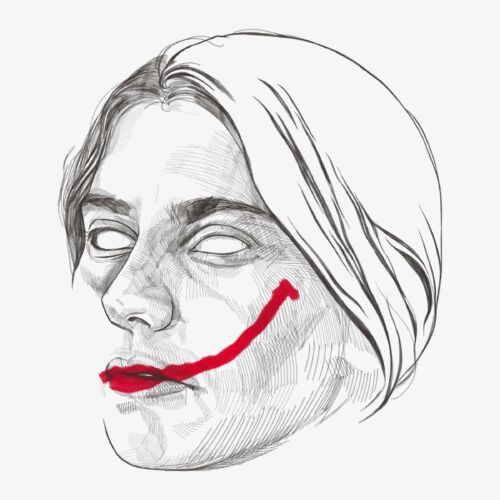The Reggio Emilia teaching method and the regression of the Finnish education model
In Encinar de los Reyes on the outskirts of Madrid, an unusual school was established – students asked for a building without walls that would be like a garden and a spaceship at the same time. This school can be a three-dimensional educational game board and a learning tool open to new interpretations. According to the teachers, children should actively set their own curriculum. The emphasis is on stimulating curiosity; everyone is involved: students, teachers and parents. The physical environment is the “third teacher” – spaces are designed to encourage interaction, open exploration and connection with the environment. This is a teaching method called “Reggio Emilia”.
According to a report by the Finnish Ministry of Education and Culture, the education system there has not evolved in recent years and has deteriorated. It is below the OECD average, and the proportion of 25- to 34-year-olds with tertiary education is slightly higher than in Turkey and lower than in Chile. The decline in educational attainment has been “exceptionally rapid”, and political decisions and less investment in education are to be blamed for this, among other factors.
Located in western Ghana on the Tadane Lake, the village of Nzulezo is a popular tourist destination. Built entirely on wooden pillars and bamboo palm platforms, it provides a home for more than 500 people. There is also a primary school where teachers do not want to work. The educators fear water because they cannot swim – there is no culture of learning to swim in Ghana. The school’s location challenges teachers, especially during storms and rainy weather.























